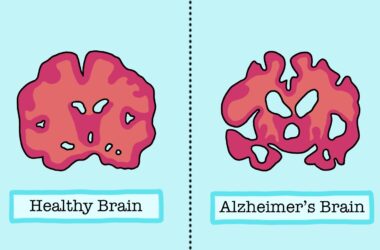What if you could talk to your computer and it actually did what you asked it to do? McGill’s Michael Wagner and Harvard’s Katherine McCurdy hope that their three-year study, published in Cognition magazine this November, will help you do just that.
Poetry uses rhythm, syllable stressors, and speech intonation (all of which make up “prosody”) formally. In their study, Wagner and McCurdy used poetry to compare languages, uncovering distinctions between English and French prosody. This information can be applied to improve speech recognition software, disability software for the blind, and provide new rules for English pronunciation that can be taught to ESL students.
“What we are doing is the basic research to find the patterns so we can create the model and then use [it],” Wagner said.
Today’s voice recognition software doesn’t recognize different tones of voice, stressed and unstressed syllables, or vocal rhythms.
But their findings may help computers better recognize and respond to speech patterns. Syllable stresses in English follow complex rules and the computer needs to respond to them to correctly understand what is being requested. If you ask your computer to “open window two, but not window three,” for example, the words “two” and “three” are being compared, so they are stressed. The word “window,” however, is repeated, so it is not stressed.
“This is the general phenomenon: that old information gets reduced,” Wagner said. “The only type of context where you don’t have to reduce old information in English is where it’s contrastive.”
Today’s computers could not properly respond to such commands. Wagner’s findings may lead to software that understands that it needs to open only window two.
Wagner and McCurdy’s study used poetry to identify the uses of stressed and unstressed syllables in English and French.
“Underlying differences between languages can shape the art produced by speakers of those languages,” McCurdy said.
One major difference between the two languages is the prevalence of identity rhymes, or rimes riches, which are rhymes of homonyms. In English, it’s considered bad form to rhyme “too” and “two,” but the practice is encouraged in French.
The study’s subjects were presented with various rhymes and asked to identify which they thought were best. English speakers consistently disliked identity rhyme. The same word, and even the same-sounding homonyms, couldn’t be stressed twice.
The study was funded by Quebec’s Research Fund for Culture and Society and a Canada Research Chair in Speech and Language processing grant.
“Kate actually started to work with this on me when she was an undergrad,” Wagner said. “Most of the experiments we ran while she was an undergrad at McGill. It was nice that an undergraduate student was involved in research.”








